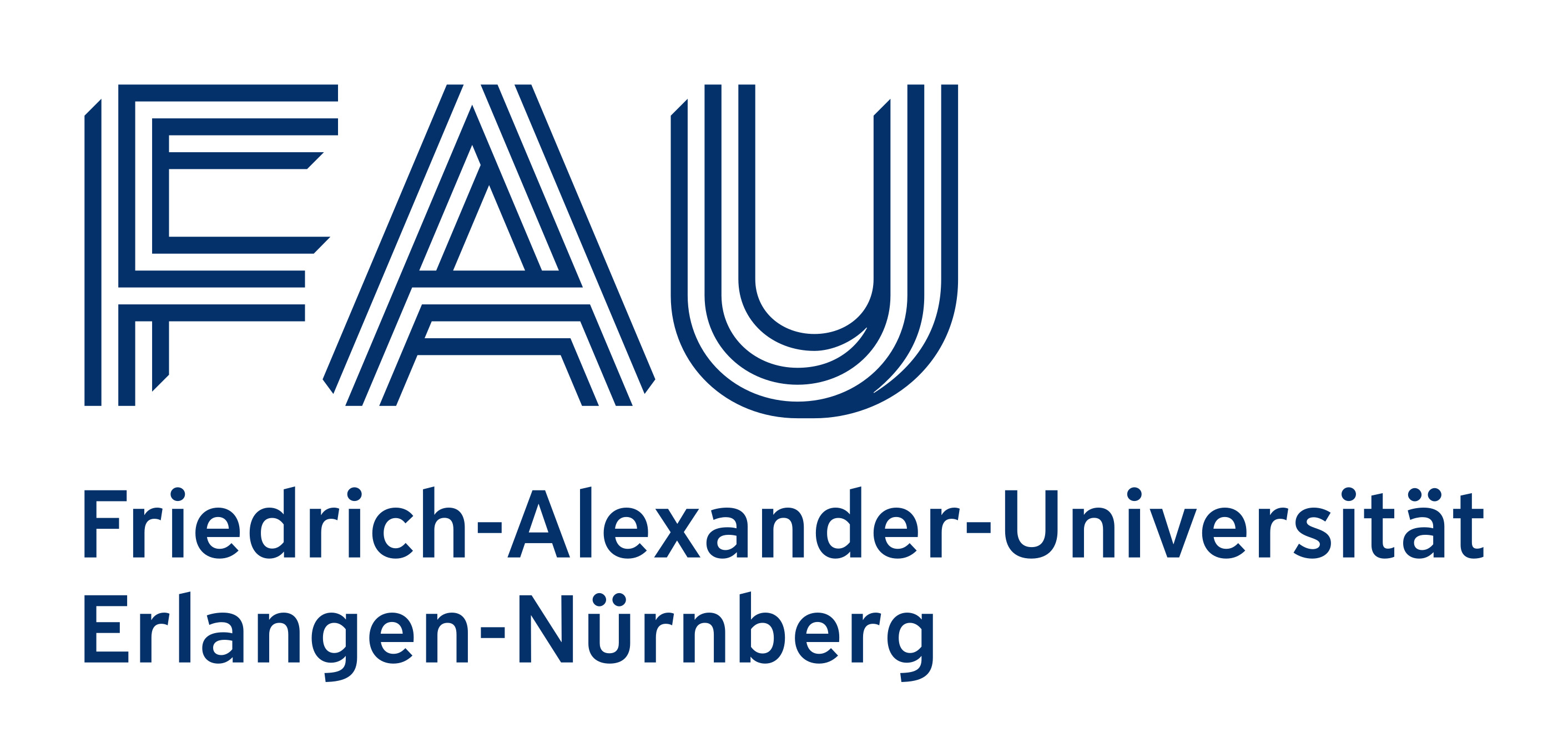Constitutional courts and transnational solidarity conflicts
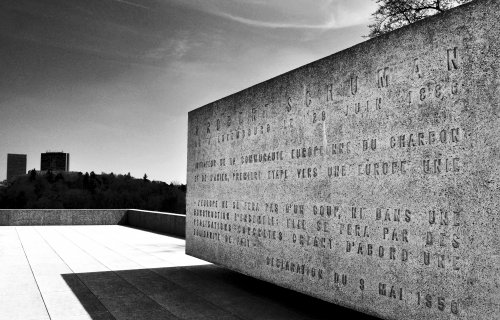
Conflict and conflict resolution
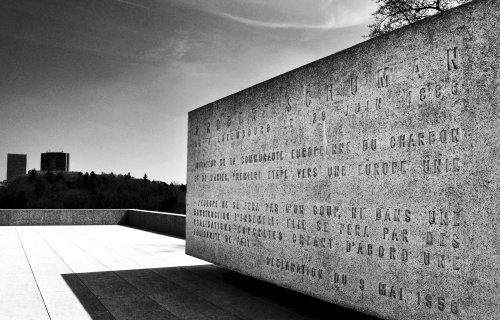
Research material
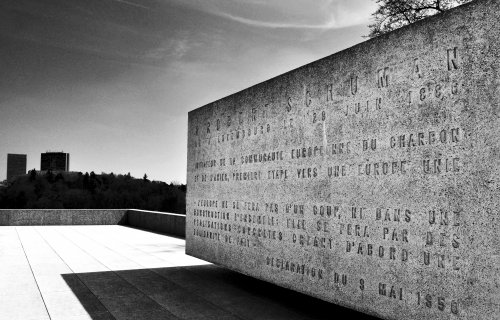
Research aims
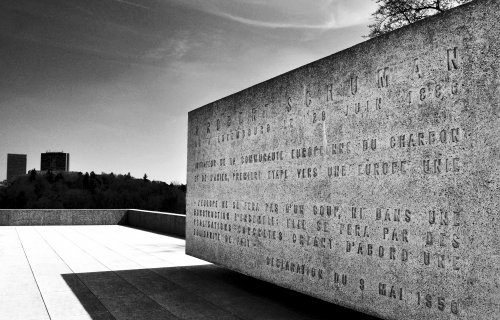
Affiliation
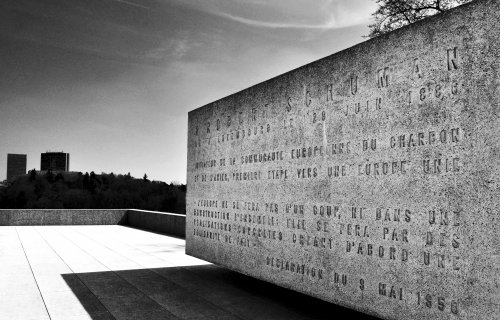
Dr. Marius Hildebrand
Dr. Marius Hildebrand is a postdoctoral fellow at the Faculty of Political Science at the University of Erfurt. Previously, he was a research associate in the research group "Transnational Solidarity Conflicts" at the Friedrich-Alexander-University Erlangen-Nuremberg. Marius Hildebrand studied political science, Romance studies, and geography in Dresden, Granada, and Freiburg and received his PhD in sociology from the University of Hamburg in 2016 with a hegemony-theoretical thesis on Euroscepticism and right-wing populism in Switzerland. Subsequently, he was a visiting scholar at the Collaborative Research Center 138 "Dynamics of Security. Forms of securitization in historical perspective" at both the Universities of Marburg and Giessen. His research interests are: General Sociology, Political Theory, theories of democracy, conflict and discourse analysis. Based on the research project, his habilitation deals with the perception of constitutional courts as well as with the symbolic dimension of constitution in the context of the European economic and financial crisis.
Contact: marius.hildebrand[@]fau.de
Selected Publications:
-
Politisierung des Wissens. Gesellschaftliche Grundlagen und politische Folgen von Wissenskonflikten in polarisierten Welten. Eine Einführung, in: DGS (Hg.) Verhandlungsband des 41. Kongresses der Deutschen Gesellschaft für Soziologie, 2023 (with Sebastian Büttner und Thomas Laux).
-
Unravelling the Politicisation-Depoliticisation Nexus of Decontestatory Politics During the Euro-Crisis, in Farahat, Anuscheh und Arzoz, Xabier (Hrsg.): Contesting Austerity. A Socio-Legal Inquiry, 2021, Oxford: Hart, S. 56-78.
-
Demokratie für Deutschland, Austerität für Europa? Grenzen der Solidarität im der Rechtsprechung des Bundesverfassungsgerichts, in WSI-Mitteilungen, 05/2020, S. 368-367 (with Anuscheh Farahat).
- Populistische Kontestation als nationalkonservative Anti-Politik. Die SVP und die Hegemonisierung des Schweizer Sonderfalls, in: Kim, Seongcheol/Agridopoulos, Aristotelis (Hg.): Populismus, Diskurs, Staat, Baden-Baden, 2020, S. 191-211.
- ‘One heart for another nation’. Linke Intellektuelle beobachten die Konjunktur ethno-populistischer Politisierungen als Kehrseite neoliberalen Regierens und entdecken die Nation für sich‘, in: Soziologische Revue, 42, 3(2019), S. 418-439.
- Emanzipation und Demokratie jenseits der Aporien eines anti-soziologischen Egalitarismus. Ernesto Laclaus politische Ontologie als Antwort auf Jacques Rancières Soziologiekritik, in: T. Linpinsel /I. Lim, (Hg.), Gleichheit, Politik und Polizei: Jacques Rancière und die Sozialwissenschaften, Wiesbaden, 2018, S. 9-29.
- Post-foundationalism and the Possibility of Critique: Comparing Laclau and Mouffe, in: Marttila, Thomas (Hg.), Discourse, Culture and Organization: Inquiries into Relational Structures of Power, Basingstoke, 2018, S. 323-342. (with Astrid Séville).
- Rechtspopulismus und Hegemonie. Der Aufstieg der SVP und die diskursive Transformation der politischen Schweiz, Bielefeld, 2017.
- Populismus oder agonale Demokratie. Bruchlinien der theoretischen Symbiose von Laclau und Mouffe, Politische Vierteljahresschrift, 56/1, 2015, S. 27–43 (with Astrid Séville).
- The Negation of Power. From Structuration Theory to the Third Way, Distinktion – Scandinavian Journal of Social Theory, 13/2, 2012, S. 187–207 (with Conrad Lluis-Martell).
-
The Case for Corona Bonds
Anuscheh Farahat supports Matthias Goldmann's proposal for corona bonds
-
Brent Spar Revisited?
Kristina Schönfeldt's Blogpost on German Practice in International Law
-
From Constitutional Normality to the State of Emergency
Teresa Violante's and Rui T. Lanceiro's blogpost on the coping with Covid-19 in Portugal
-
Against the Apocalyptic Swan Song: A Plea for Practical Hope
Anuscheh Farahat's intervention on the Verfassungsblog
-
Combatting TINA-Rhetoric through Judicial Review
Anuscheh Farahat and Teresa Violante on constitutional review in times of austerity
-
(Not) Striking down Surrogate Motherhood
Teresa Violante on the Recent Decision of the Portuguese Constitutional Court
-
Populism as a wildcard of the democratic promise
Marius Hildebrand together with Astrid Séville and Conrad Lluis Martell on Soziopolis
-
Constitutional complaint in Portugal?
Teresa Violante's opinion on the possible introduction of the constitutional complaint in Portugal
-
Pushing for transformation
Anuscheh Farahat about transformative constitutionalism on the international law blog
-
Disenchantment failed
Marius Hildebrand on the Swiss People's Party as avantgarde of the New Right in Europe

